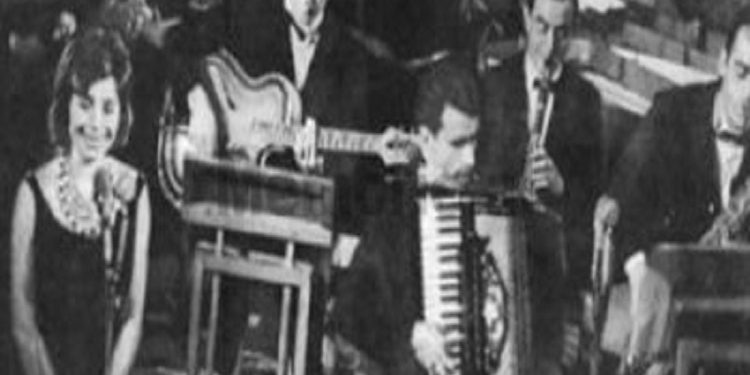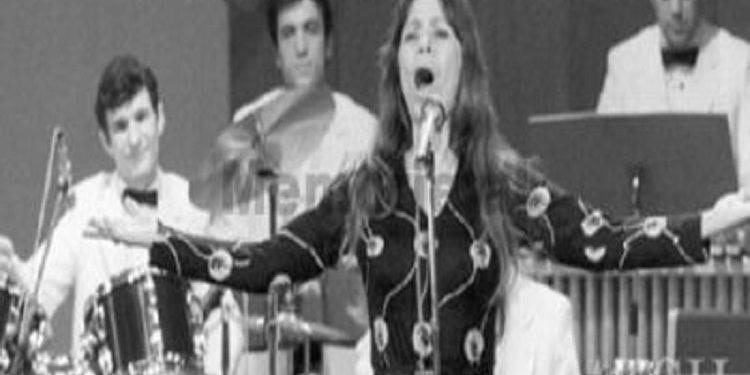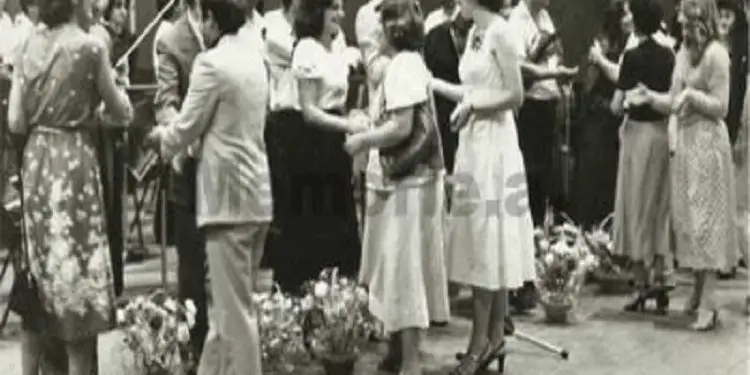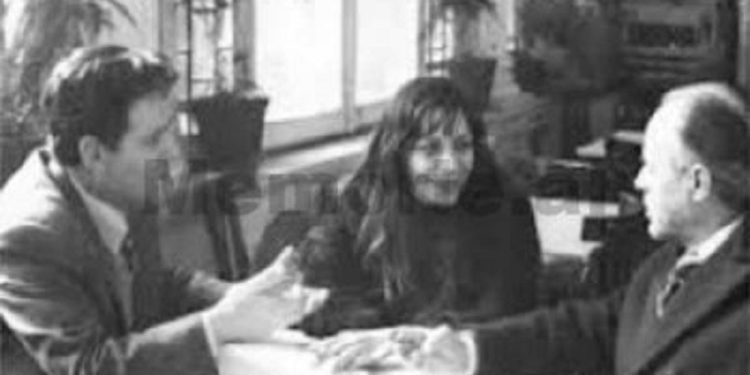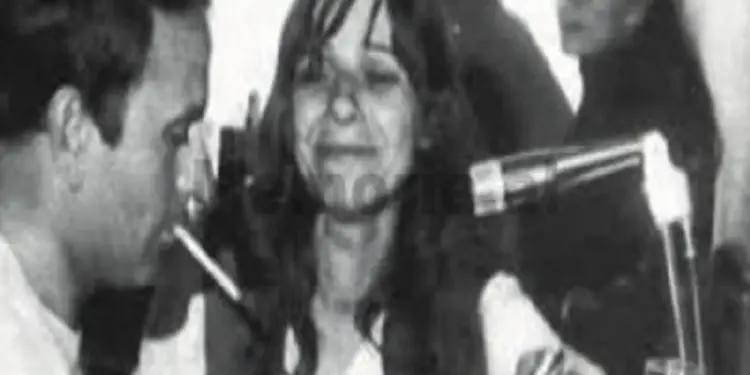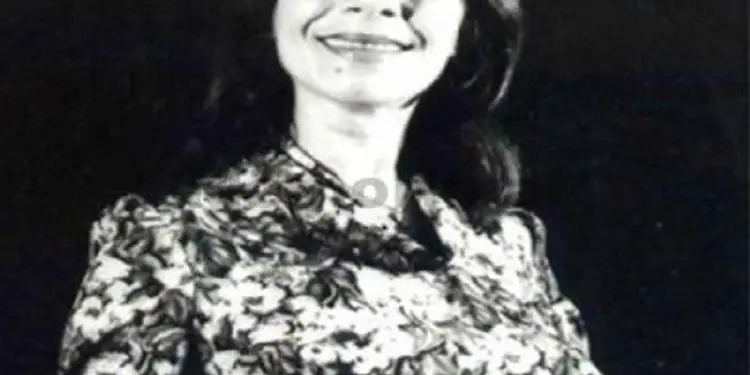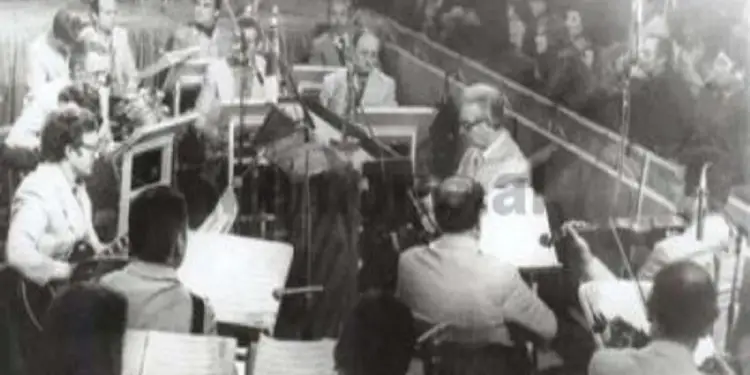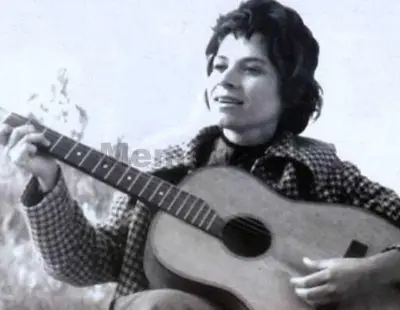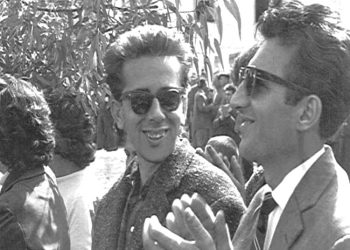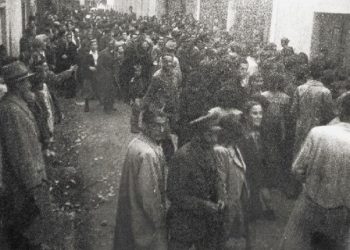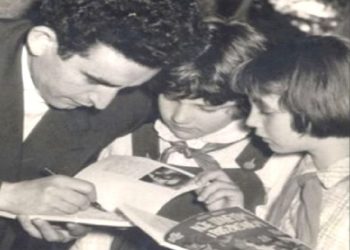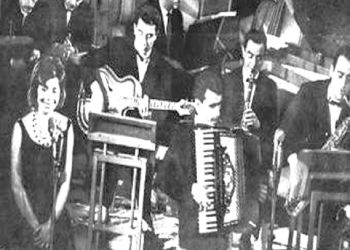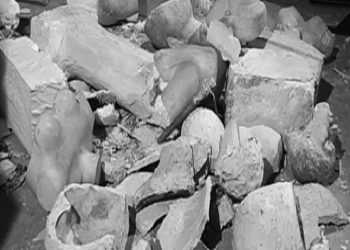Exclusive / The Book of Dashnor Kaloçi, “Writers and Artists Under the Communist Dictation”, March 17, 1973 Report – Information on Enver, Mehmet, and Hysniu on the Tirana Extrade, compiled by senior Central Committee Enver Halili , which informs about what happened and was said where, among other things, it reads: “From the partisan self-criticism of famous actors, Skender Sallaku, Plasari, Shehu, Bukri, Sojli, etc., to the harsh criticism and accusations against the singer. famous that was also discussed with colleagues ”?
The document we are publishing in these chapters of the book is dated March 17, 1973 where the senior official of the Central Committee of the PLO Enver Halili briefs Enver Hoxha on a meeting held with the staff of the Professional Estrada of Tirana and the grassroots organization of the party of that institution. At that meeting which was taking place at the same time as the meeting held by Enver Hoxha at the Presidium of the People’s Assembly, which was preceded by his speech at the Third Plenum of the Central Committee of the ASP, as the main axis, both had the same theme: “Foreign appearances and their impact on art, culture, literature and all life in the country.” And also both of those meetings were held only shortly after the 11th National Radio Television Festival of Music had ended, which in some way triggered it, or it may have been the pretext found for the hits that the so-called “Hostile Group in Art and Culture headed by Fadil Pacram and Todi Lubonja” was given to many writers and artists.
As we will see in the report-information in question, the delegate of the Central Committee of the ASP, Enver Halili (never an instructor in the Central Assembly, a deputy in the People’s Assembly, a first secretary in some districts and years later a minister and a member of the Political Bureau ), has described in detail everything that happened in the Professional Estrada collective of Tirana and the basic party organization of that institution. Not only so much of what happened in their work, but the information extended to the personal and family life of the actors and artists of that institution. What is noticed here is that the harsh criticism is not spared either against Vace Zela, considered at that time as one of the legends of the Albanian song, or the well-known director Bujar Kapexhiu, who was the target of the attack, and the fact that had directed the 11th Festival of Song in Radio-Television, along with his partner, Edi Luarasi.
And all these dealt with in great detail in the report-information of the Central Committee delegate concerned addressed to Enver Hoxha himself, which is also apparent from the signature he has put in the relevant document, but different from the usual practice. , there he did not put any note other than his signature. And as were the rules of procedure with which the Central Committee apparatus operated, besides Enver Hoxha, that report-information was also seen by Hysni Kapo, Mehmet Shehu and Petro Dode, who also affixed the relevant signatures on that document. Like most of the documents that are part of the book we quoted above, this one is also published in its entirety and without change, as it is contained in the relevant file in the State Central Archive, Fund 14, Apparatus, Central Committee of the APL. (The subtitles of this article are editorial and are integrally copied from the document in question).
I n f o r ma c i o n
ON THE DISCUSSION OF THE SPEECHES OF ENVER SHOCK, IN THE BASIC ORGANIZATION AND COLLECTION OF TIRANA PROFESSIONAL ESTRADES
The analysis of the problems that Comrade Enver addresses in his last two speeches was good both in the organization and in the collective. The Communists and many members of the collective who discussed it were prepared seriously and in the spirit of criticism and self-criticism raised many problems especially for themselves and others. In the basic organization all the Communists were discussed without exception, and in the collective over 15 people.
At first, at the grassroots organization, discussions focused more on one direction, one on taste and fashion, but with the interventions that took place they took the right path, while on the collective orientation to see problems in their breadth. it was done before and this helped in the smooth running of the work. Overall, the discussions, with no exceptions, addressed the problem of the foreign influences of the revisionist bourgeois ideology on the content and form of stage work, as well as on cultured behavior, aesthetic tastes, and fashion.
“WE HAVE DEPERTY FORMS AND FOREIGN IMPACT”
During the meeting it turned out that there was generally a preoccupation with the grassroots organization and some non-party employees to properly view and address some of the problems both in content and form of performances as well as in cultured behavior, video aesthetic tastes and fashion. In the latter it turns out that the basic organization and the directorate of the institution have sometimes stopped, especially in the last two years, with the appointment of Comrade Dhimiter Gjoni as director. In spite of this, the friends and companions who spoke, with a critical eye, raised and pointed out many appearances and influences of foreign, capitalist, and revisionist ideology in the arts, which have penetrated in various forms and by a particular person even in their spectacles. especially in music, decor and appearance.
Some of the foreign influences that have infiltrated Estrada’s troupe.
After inclined to ensure “success”, no matter the busy mission, the role of the singer as an educational talk magazine, the leadership and most often the director and any actor have attached importance to humor for humor, without restraint. In this regard, many examples were brought to the premiere. This phenomenon has been intermexo and parody, with some nuances in the sketches.
“VAÇE DOES NOT WORK FOR THREE MONTHS AND PAY THE ROOM”
To “boost” the premiere value, to have a lot of “success,” they have deliberately put out a great number of foreign songs from day to day and content. In addition to the “reasons” mentioned above, there was some disposition and desire to sing or sing these songs. In a premiere, out of 15 Albanian songs approaching to choose 1 or 2 singers, Vaçe Zela refused to sing, and I insisted on singing a Spanish song, after discussing with her, the leaders broke and did as she wanted . This debate took place with Vaçe for another premiere, but her request was rightly ignored.
He has consistently maintained and maintained a capricious, condescending and arrogant attitude towards the core organization, directorate and staff, for over three months without appearing at work for no reason. The directorate and the staff have made every effort to help but in vain. The district’s executive committee is aware of these positions but nevertheless instructs the department to pay her salary as if she were at work. The grassroots organization and the collective disagree with this position.
“SKENDER SALLAKU: WE HAVE BAD EDUCATION WITH FOREIGN MUSIC”
Guided by mistaken ideological arguments, that allegedly foreign music, especially rhythmic music to the youth, had become a habit in the Circus and Estrada, by the director, (Bujar Kapexhiu, our note. DK), any creator and actor, accompaniment of parodies of any sketch mainly with foreign rhythmic music. In his discussion of the party’s candidate, artist Skender Sallaku, among other things, he said: “We have badly educated the spectators, especially the youth, by parodying foreign music, even if it was not the most exciting, we were thrilled by the applause which usually began to be heard. first notes of music and so did the content and lyrics which in most cases were not heard at all. ” Kujtim Shehu, an actor and creator in Estrada, said: “When we had a weak sketch, in order to make it successful, we put foreign tunes into it, in some cases I put myself in such a case, but now I realize that by doing we wanted to put on eyebrows, we got our eyes out. ”
The instructor of K.Q.
(Enver Halili)
03/17/1973





